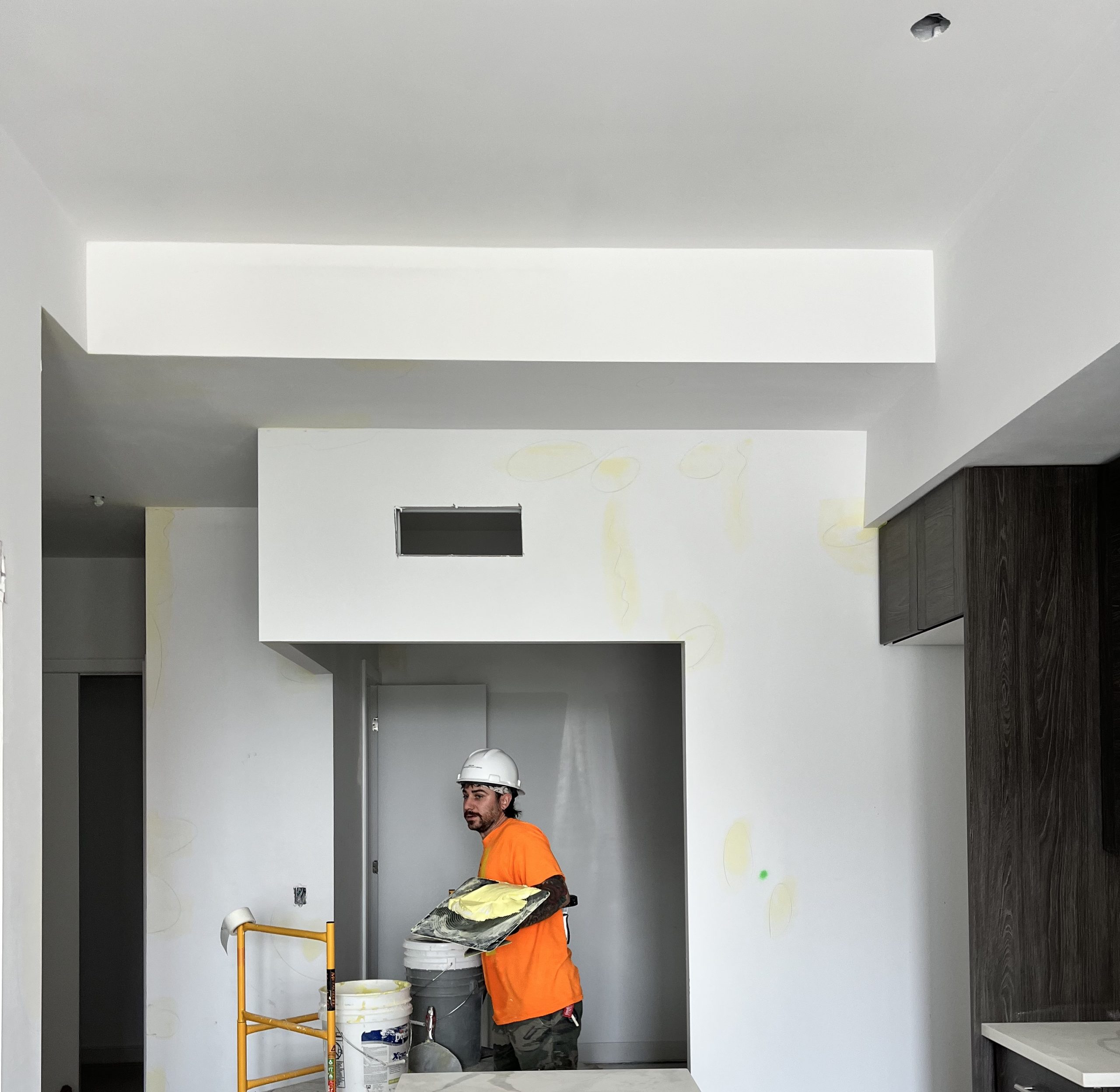
Plaster & Lath Systems: Marrying Tradition with Modern Day Construction
Plaster & Lath systems, the traditional building method for wall covering, have paved the way for intricate design and robust wall structures. While modern methods have emerged, understanding the nuanced approach of plaster and lath installations offers insights into its timeless appeal and enduring efficiency. This comprehensive guide is dedicated to unraveling the complexities of plaster & lath systems, providing enthusiasts and professionals alike with a deeper understanding of its components, applications, and innovations.
Understanding Plaster & Lath Systems
At its core, a plaster & lath system is a building technique used for the interior walls of buildings. The ‘lath’ refers to a series of wooden or metal slats installed on the framing of a building. ‘Plaster,’ a mixture often composed of water, sand, and lime, is applied over the lath in multiple coats, creating a solid surface. This traditional method, renowned for its durability and sound-proofing characteristics, has evolved with technology, yet remains one of the fascinating studies in the construction sector, particularly in restoration and conservation projects.
The Evolution of Plaster & Lath Techniques
From the earliest use in construction, plaster & lath systems have undergone significant transformations. Historically, these systems were the default for wall construction before the advent of drywall. They provided a durable wall surface with a modicum of insulation and sound dampening. However, as building technologies evolved and market demands shifted toward faster, more economical solutions, drywall became more prevalent. Nonetheless, for restoration of older buildings or replication of classical architecture, plaster and lath remain unparalleled.
Key Components and Installation of Plaster & Lath
Understanding Lath
The lath component of these systems can be made from wood, metal, or even a special type of gypsum board. Each material requires a unique approach during installation and impacts the overall durability and finish of the plaster.
Plaster Composition and Application
Plaster, while commonly constituted of lime, sand, and water, can also include gypsum and cement. The differences in materials affect setting times, workability, and resistance to elements. Skilled artisans apply it in three coats over the lath—the scratch coat, the brown coat, and the finish coat—each contributing to the strength, smoothness, and aesthetic appeal of the wall.
Challenges in Plaster & Lath Restoration
Restoring plaster & lath systems requires an artisan’s touch. One of the primary challenges is matching new work with the existing historical fabric, which necessitates a thorough understanding of materials and techniques used in the original work. Moreover, the availability of materials, adherence to safety and building codes, and balancing modernization with historical accuracy contribute to the complexity of such projects.
Innovations and Trends in Plaster & Lath Systems
Despite its age, plaster & lath construction is not without innovation. Modern trends include the use of updated materials such as metal lath or engineered gypsum plasters which provide enhanced durability and easier installation. These innovations make it possible to achieve the classic look of plaster with fewer of the traditional method’s labor-intensive demands.
Conclusion
As we delve into the realm of building restoration and historic preservation, the significance of traditional methods like plaster & lath systems becomes exceedingly apparent. While they might not be the standard in today’s fast-paced construction industry, their role in preserving architectural history is indispensable. Embracing the innovations in this field ensures that we maintain a connection to our architectural past while making way for efficiency and sustainability in building construction practices.
FAQ
-
What is a Plaster & Lath system, and how does it differ from other wall finishes?
A Plaster & Lath system is a traditional wall finishing technique that involves applying plaster over a supporting framework of wooden or metal lath. It differs from contemporary drywall systems in that it offers unique aesthetic qualities and exceptional durability. Plaster & Lath creates a smooth, elegant surface that stands the test of time, making it a popular choice for historical restorations and high-end homes.
-
Is Plaster & Lath still relevant in modern construction, or is it mainly used for historical preservation?
Plaster & Lath systems are still relevant in modern construction, and they are not limited to historical preservation. While they are often chosen for their ability to restore historical authenticity, these systems have evolved to meet modern efficiency and durability standards. They are used in high-end residential and commercial projects where a timeless, elegant finish is desired.
-
Are Plaster & Lath systems energy-efficient?
Yes, Plaster & Lath systems offer natural insulation properties, making them energy-efficient. Plaster has excellent thermal characteristics, helping to maintain comfortable indoor temperatures. This can contribute to reduced heating and cooling costs, making Plaster & Lath a sustainable choice in construction.
For those seeking the best in the business, Cambridge Drywall Services offers unmatched expertise. With 20 years in the industry, serving both residential and commercial projects, we’re your go-to for top-tier drywall solutions. Connect with us today and experience the Cambridge Drywall difference.
